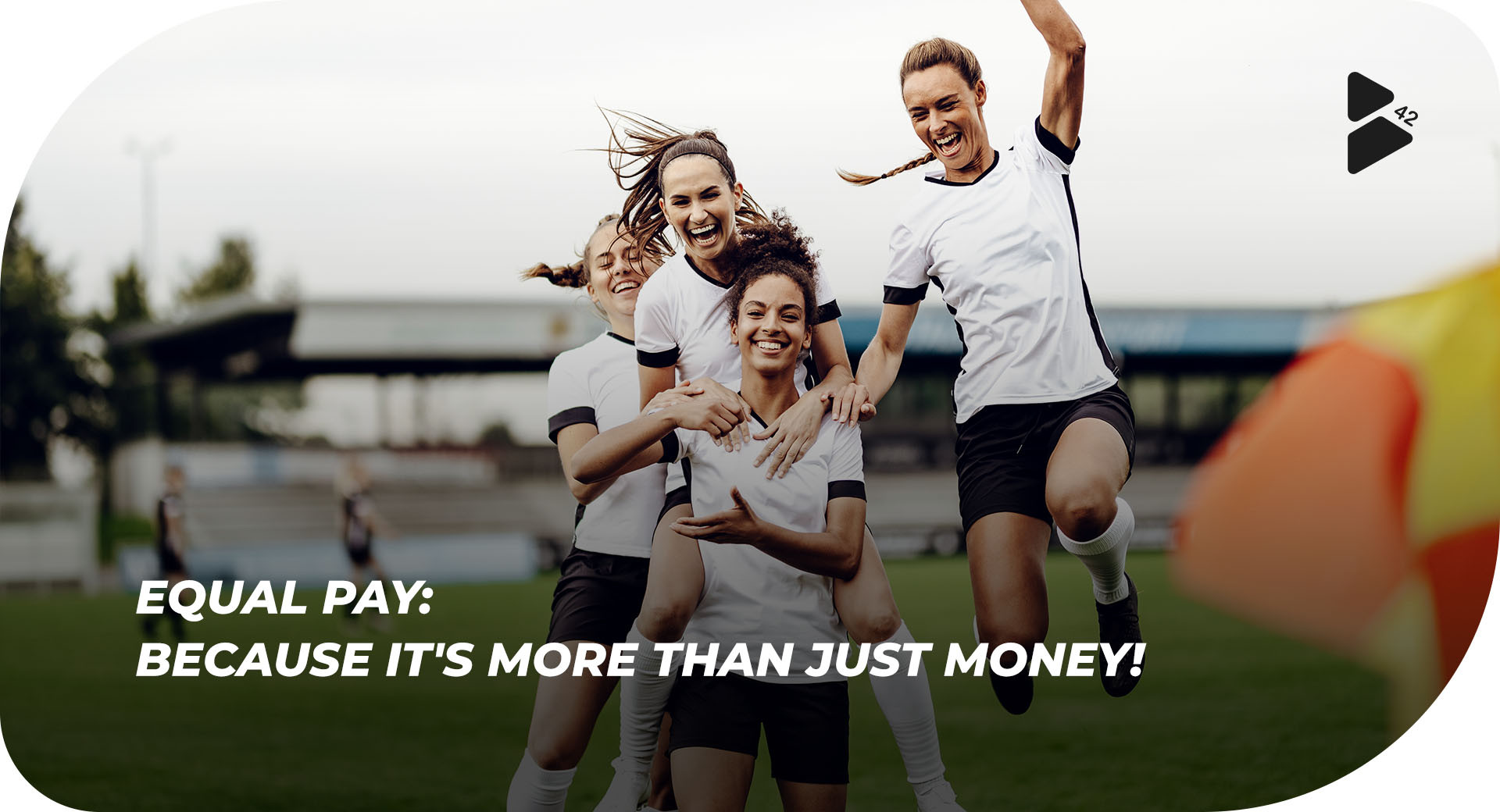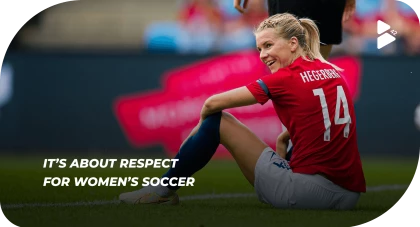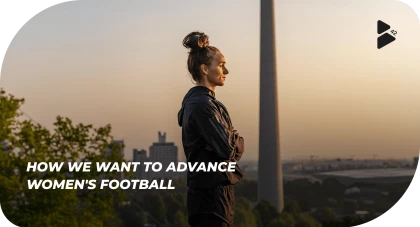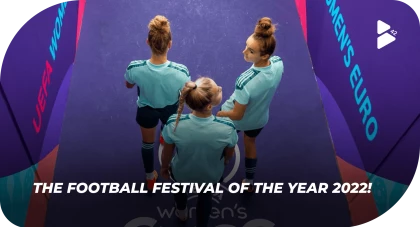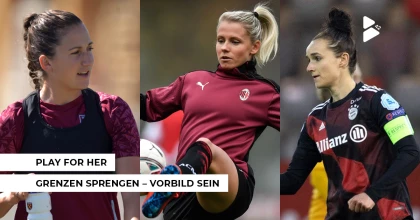Now, however, it's about more than just money. It's about more than 23 female soccer players and the conversion of five-figure to six-figure bonuses.
It's about the message we're sending and the standard we're setting. Because this debate is not a sports-specific envy debate, it has long had a social dimension. It stands for the structural discrimination against women that still exists and for the sad truth that equal performance is not always rewarded equally.
At this point, our capitalist understanding of meritocracy becomes contradictory. And it is precisely then that politics and/or civil society must intervene. The DFB, as a very relevant part of this civil society – its relevance amounts to over seven million members – has a responsibility here. This responsibility is at the same time an opportunity: not to further reinforce or at least manifest historically constructed inequality, but to actively counteract it.
Only if we no longer bow to the laws of the market economy, but redefine them to our own liking, do we have a chance of achieving equality. At this point, some might argue that it's all about sports. But it is not only about sports. For many people, sports, and especially soccer, are an essential part of our social interaction. Social decisions made in soccer have far-reaching consequences, and it undoubtedly serves as a prominent role model.
That's why we believe we can influence social coexistence through sports. It would contradict our understanding of social responsibility to see ourselves only as a sports science service provider.
Regardless of whether it's us, the DFB or any other player in sports. The sooner we understand that we, too, have a role model function, that it is in our power to initiate social change and construct equality, the sooner we will reap the fruits of our labor.
For some of us, that is justice. For the commercial players in sports, it is the opportunity of sustainable development of a future market. For us, the self-evident privilege of participating in this change. It is the chance to no longer have to confront our children with the fact that they have unequal opportunities in life and on the job market from birth, but to be able to explain to them that their equality is their birthright.
It is the chance to break out of the vicious circle of self-reinforcing injustice, in which we understand existing inequality as legitimizing its continuation, and to construct an virtuous circle of self-reinforcing entitlement to equality.
Be fearless. Be focused. B42


